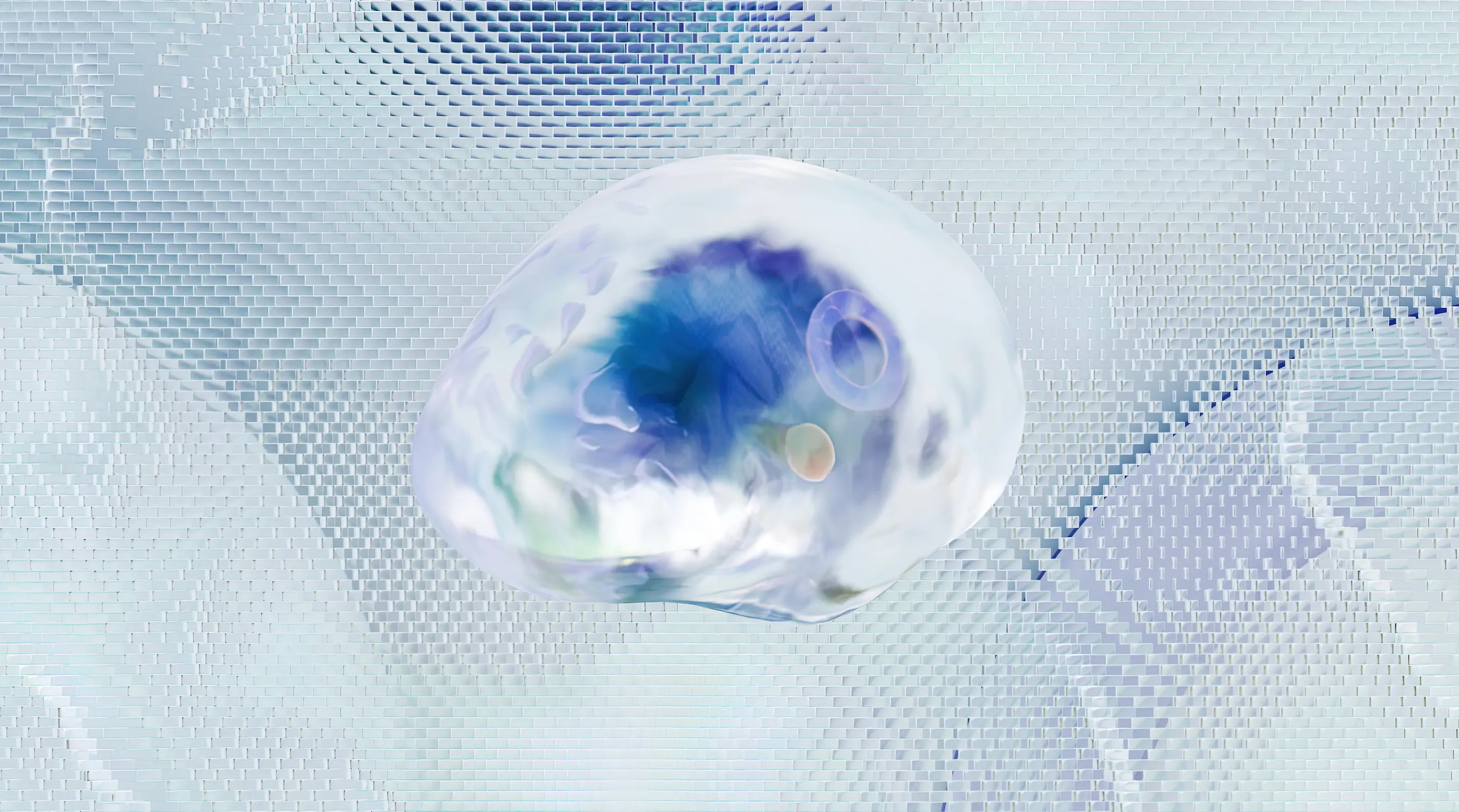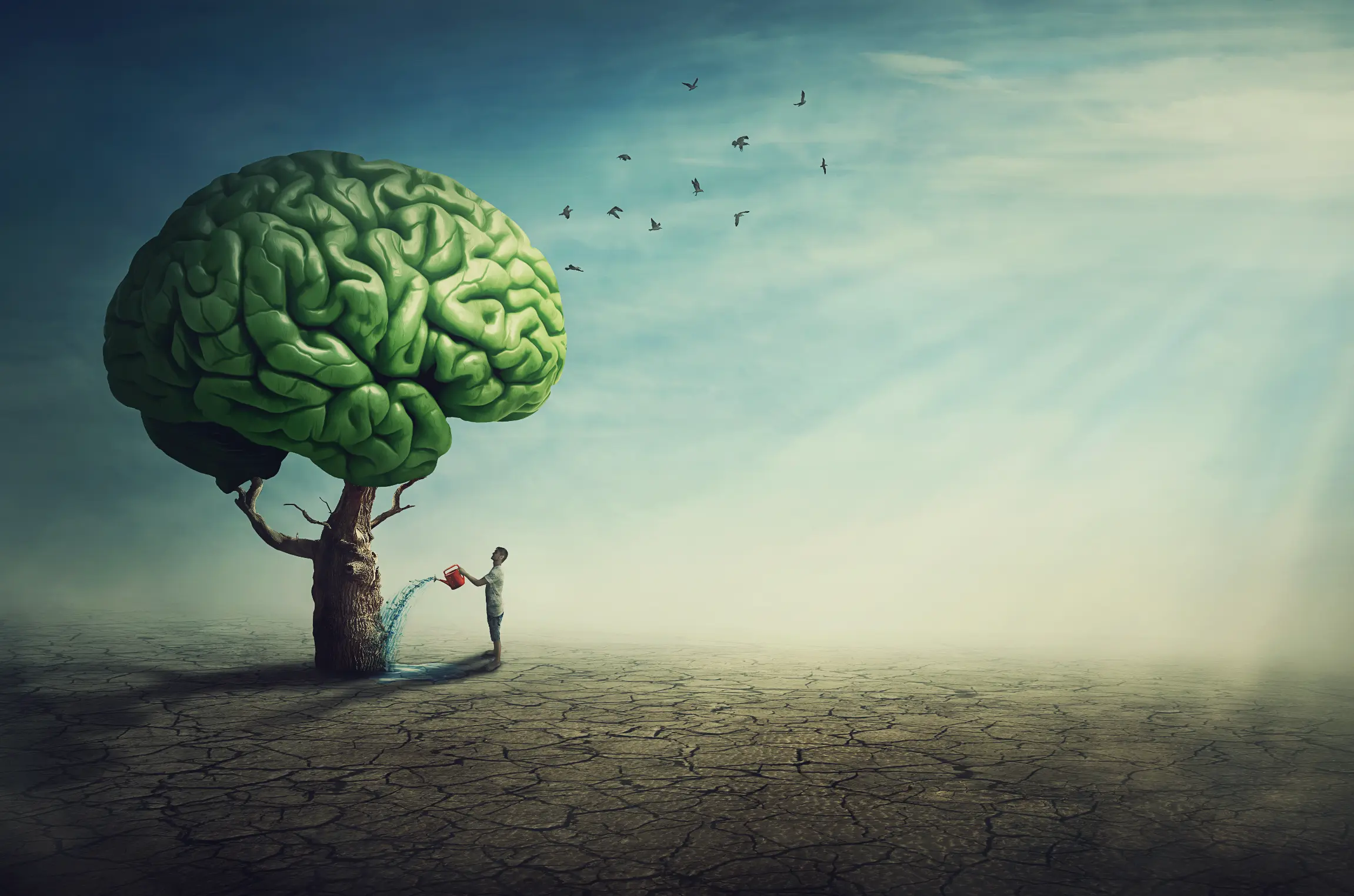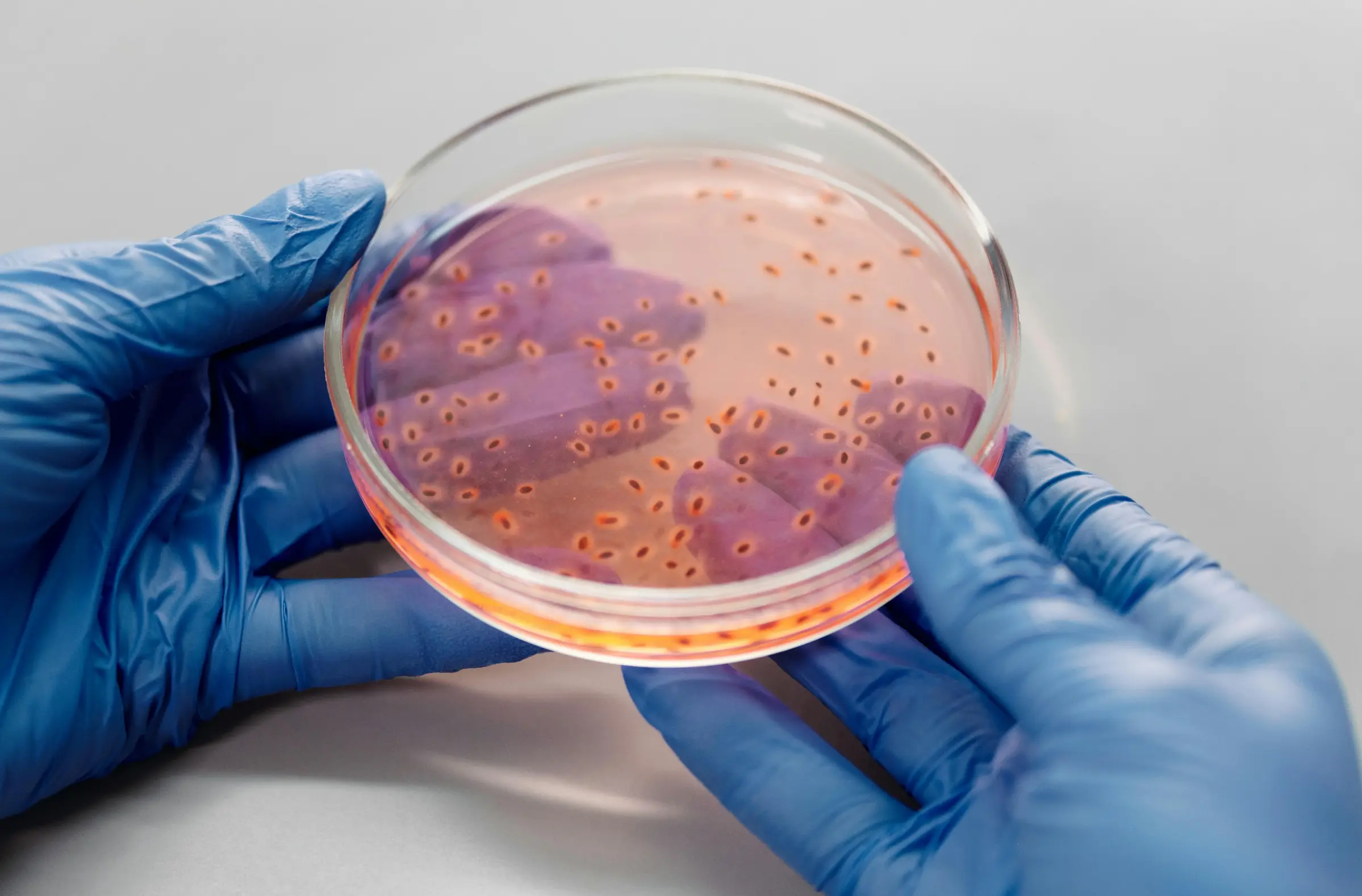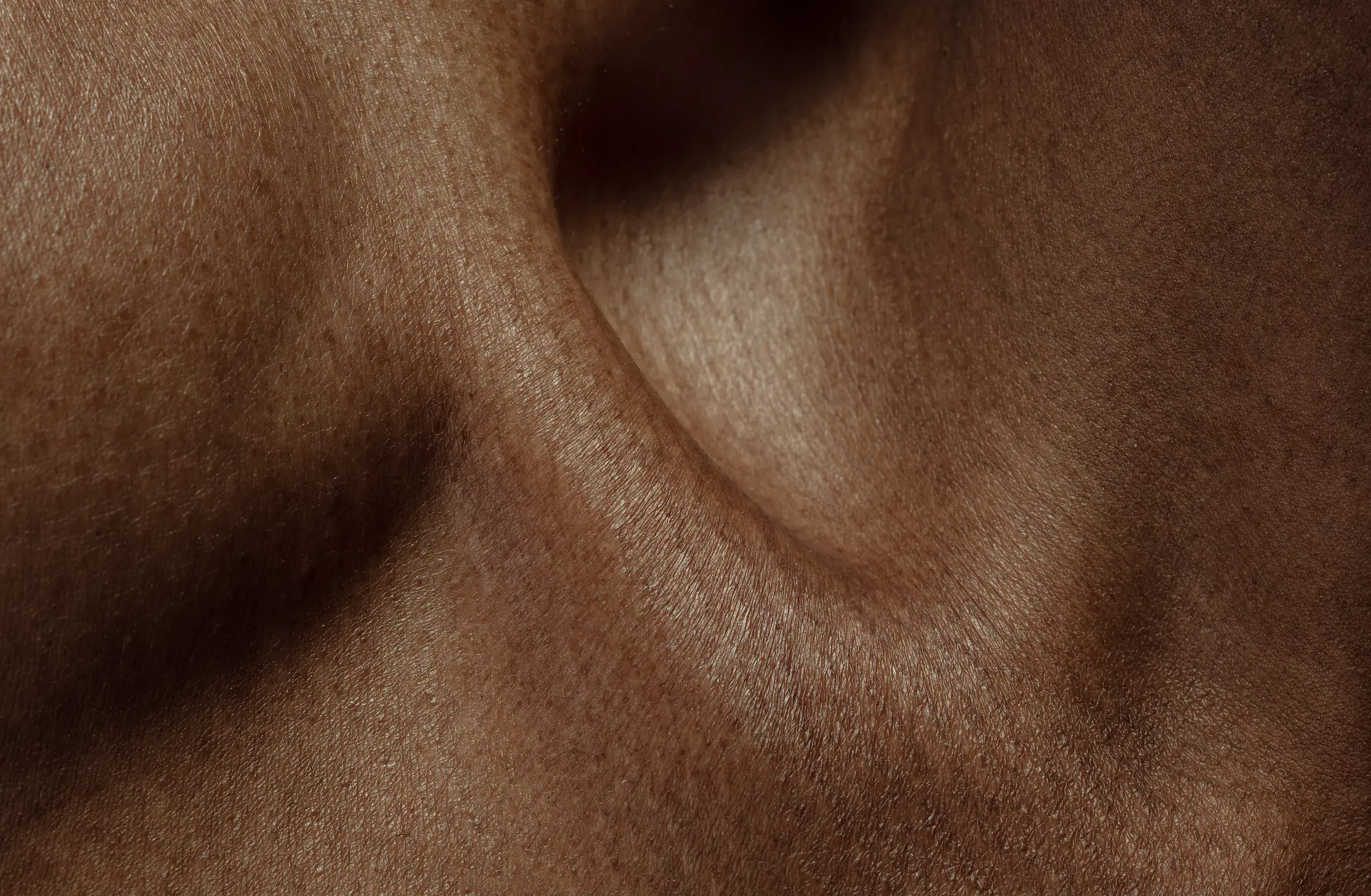Biological vs. chronological age — this is how you measure your “real” self
You turn your year on the calendar, but your biological age shows how old the body actually behaves. Learn to measure that difference -- and what you can do about it.
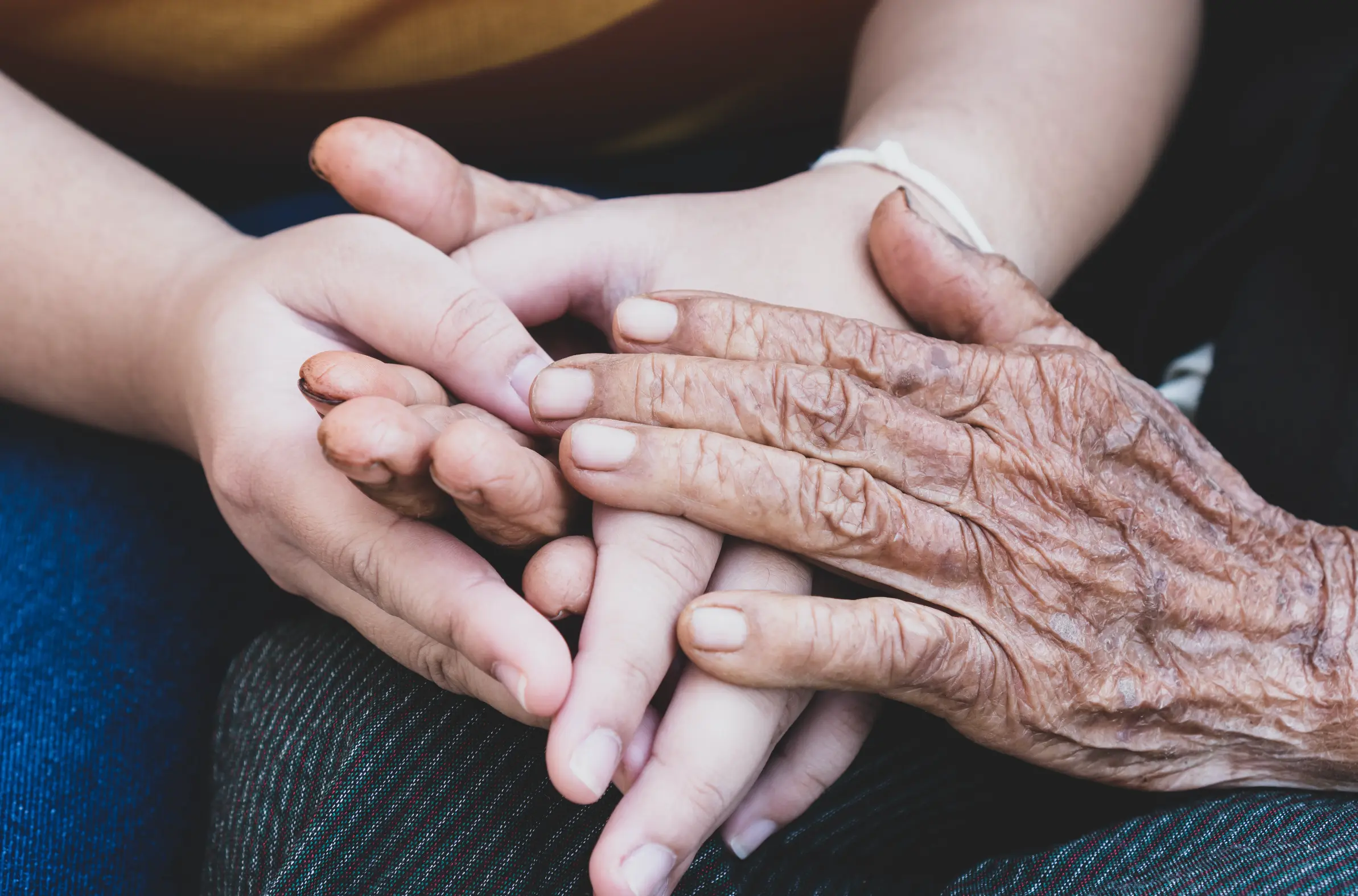
Introduction
Why do some people run marathons at 60 while others feel tired at 40?
The answer lies in the gap between chronological and biological age.
Chronological age counts your birthdays; biological age measures how well cells, organs and tissues are functioning right now.
When scientists realized that biological age can differ over ten years from the passport -- and can also be influenced -- it became one of the hottest longevity trends of 2025.
What is chronological age?
Chronological age is the date in your passport.
However, not all biological processes follow the calendar at the same rate.
Two 45-year-olds may have completely different risk profiles for heart, energy and muscle strength.
What is biological age?
Biological age estimates the actual degree of wear and tear of the body.
The method draws clues from DNA patterns, blood sugar and inflammation and translates them into a “functional age.”
Therefore, a 50-year-old may have a biological age of 38 -- and vice versa.
Why do they differ?
Genes, environment and, above all, lifestyle control the sages.
Smoking, stress and poor sleep turn the clock forward.
Good diet, regular movement and recovery can screw it back several years.
How is biological age measured?
Epigenetic clock
A saliva or blood test analyzes DNA methylation at specific positions.
The result gives an epigenetic age that is correct for most tissues.
Glycan-Age
A blood test measures sugar patterns on immunoglobulin G.
Changes correlate strongly with inflammation and aging.
Telomere Length
Telomeres are “end capsules” that protect the chromosomes.
Shorter telomeres are associated with higher biological age, but the method is sensitive to genetics and sample handling.
Lifestyle factors that move the sages
- Diet “In the short term, you regulate blood sugar and reduce inflammation. In the longer term, you will create a stable nutritional balance and a healthy intestinal flora.
- Movement “Immediately after the workout, the heart rate rises and insulin sensitivity improves. Over time, your mitochondria and the entire cardiovascular system are strengthened.
- Sleep “A good night's sleep balances hormones and provides immediate recovery. Chronically good sleep builds brain and heart health in the long term.
- Stress Acute stress sends cortisol into a peak. Prolonged stress leaves traces in epigenetics and accelerates aging.
- Environmental toxins Exposure quickly produces oxidative stress in the cells. Over time, it can lead to DNA damage and increased biological age.
Sleep
Studies show that under six hours of sleep is associated with faster epigenetic aging. Aim for 7—9 hours.
Zone-2 training
Cardio around 60-75% of maximum heart rate increases mitochondrial capacity and lowers biological age. 150 minutes a week is enough.
Diet and micronutrients
Colorful plant foods provide antioxidants and polyphenols that dampen oxidative stress.
A daily scoop Relivo Complete Nutrition delivers 38 essential nutrients in a simple routine.
Stress management
Meditation, cold baths or IR saunas create short, controlled stress peaks that strengthen the body's resilience (hormesis).
How to interpret the test result
Consider the first test as a starting value.
Repeat the measurement every six to 12 months and follow the trend.
Going down biological age, you're doing something right; flattening it out is time to adjust sleep, exercise or diet.
Practical tips to lower biological age
- Zone-2 in the calendar. 5 × 30 min or 3 × 50 min per week.
- Micronutrient assurance. A scoop of Relivo daily makes the routine simple.
- Sleep like a pro. Cool, dark and regular bedtime.
- Build recovery. 5 min mindfulness after lunch dampens cortisol.
- Measure — adjust — repeat. Test Epigenetic Clock or Glykan-Age annually.
Relivo's Role in Your Longevity Routine
Relivo has been developed together with researchers at Karolinska Institutet to provide complete micronutrients in powder form.
Vitamin D, magnesium, collagen and polyphenol-rich plant extracts contribute to normal energy metabolism and reduced fatigue — two parameters that are mirrored in biological age over time.
FAQs
Does genetics affect biological age?
Yes, but lifestyle explains 60-80% of the variation--you have great room for maneuver.
How often should I test myself?
Every six to twelve months is enough to see trend.
Are the tests completely accurate?
The margin of error is around 1—2 years. Focus on the direction over time.
Summary
Chronological age is ticking on, but biological age can be shaped.
With better sleep, smart exercise and nutritious choices, you can turn back the body's internal clock and extend the years of high quality of life.
References
- Horvath S, Raj K. DNA methylation-based biomarkers and the epigenetic clock theory of ageing. Nat Rev Genet. 2018; 19:371-384.
- Kristić J “et al.” Glycans are a novel biomarker of chronological and biological ages. J Gerontol A Biol Sci Med Sci. 2014; 69 (7) :779-789.
- Alder EH et al. Telomere lengte a chronological age across the human lifespan: a meta-analysis. Moss Ageing Dev. 2023; 217:111879.
- Carroll JE et al. Short sleep and insomnia are associated with accelerated epigenetic age. Innovate Aging.2022; 6 (Suppl 1) :363.
- Seiler S. Endurance training intensity and longevity: a review. Sports Med. 2024; 54:1123-1139.
- Ristow M, Schmeisser S. Mitochondria and hormesis. Mole Cell Endocrinol. 2019; 460:113-121.

